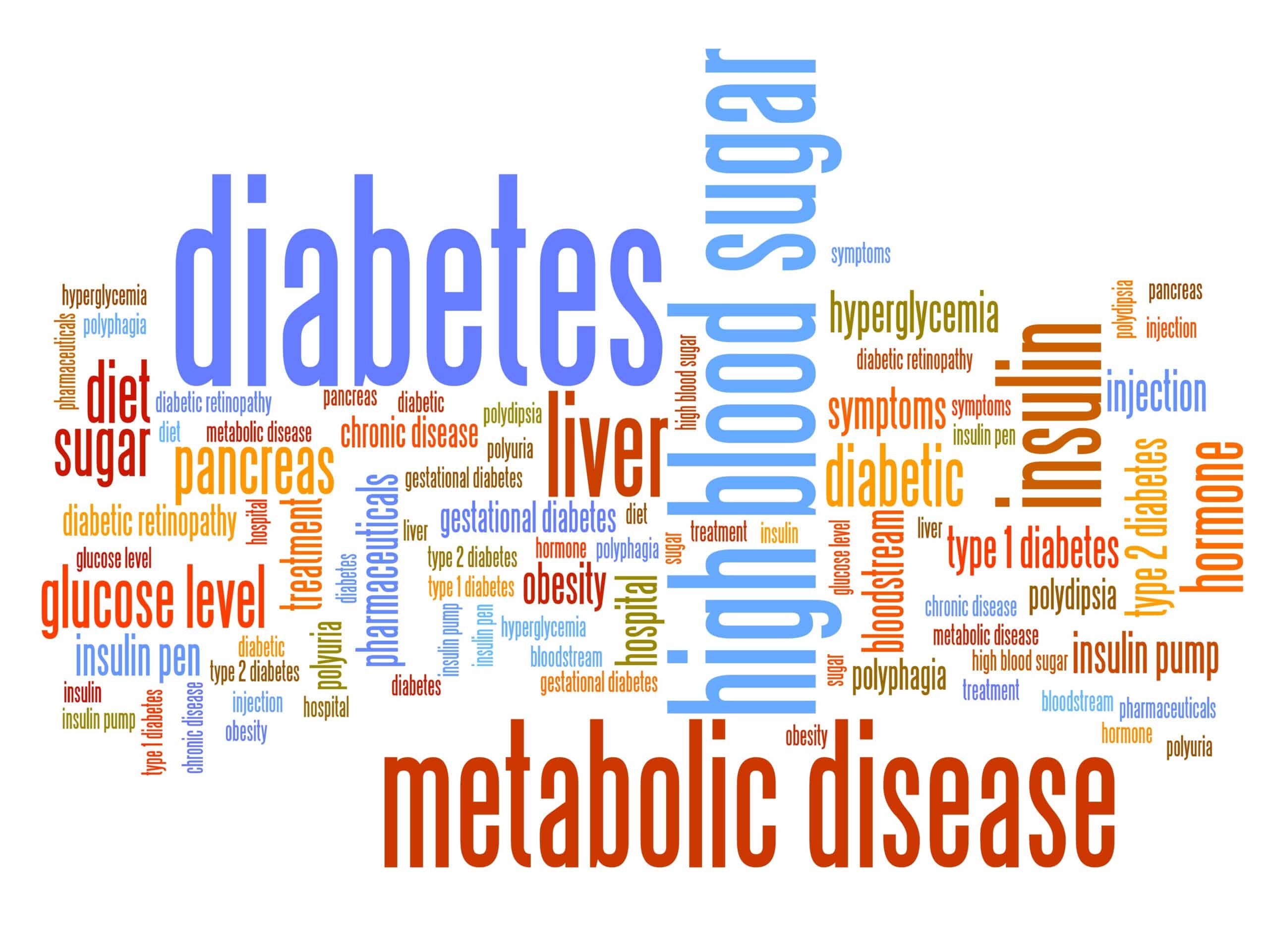Forced expression of FGFBP3 in obese mice showed significant reduction of their fat mass despite being genetically predispositioned to eat all the time, suggesting this may offer a novel therapy to reverse disorders associated with metabolic syndrome such as fatty liver disease and type 2 diabetes.
(BP3) FGFBP3 is a natural protein, according to the researchers clinical trials of recombinant human BP3 may begin after a final round of preclinical studies. 8 treatments with FGFBP3 over 18 days reduced the fat in obese mice by over ⅓, says Anton Wellstein, MD, PhD.
Treatments with FGFBP3 also reduced a number of obesity related disorders in the mice such as hyperglycemia, and eliminated the fat in their once fatty livers; clinical and microscopic examinations showed no side effects.
Approximately 650 million people are obese around the globe, which is a major driver for metabolic syndromes such as hypertension, insulin resistance, glucose intolerance, and elevated lipids.
Fibroblast growth factor binding proteins are found in organisms ranging from humans to worms and are involved a variety of biological process such as wound healing, response to injury, regulating cell growth, and some even act like hormones.
Chaperone proteins BP1, 2, and 3 bind to FGF proteins and enhance their activity. BP1 was being studied as its production is elevated in a range of cancer, only recently had their attention been turned to BP3. This chaperone binds to 3 FGF proteins that are involved in the control of metabolism: FGF19 and 21 signaling regulates storage and use of carbohydrates; and FGF23 controls phosphate metabolism.
With metabolism revved up fat processed in the liver and sugar in the blood were used for energy and not stored providing interesting findings, however additional investigation is required before FGFBP3 can be examined as human therapy for metabolic syndromes, explains Wellstein.




